ACCA F1 Accountant in Business - 2010 - Study text - Emile Woolf Publishing
Подождите немного. Документ загружается.

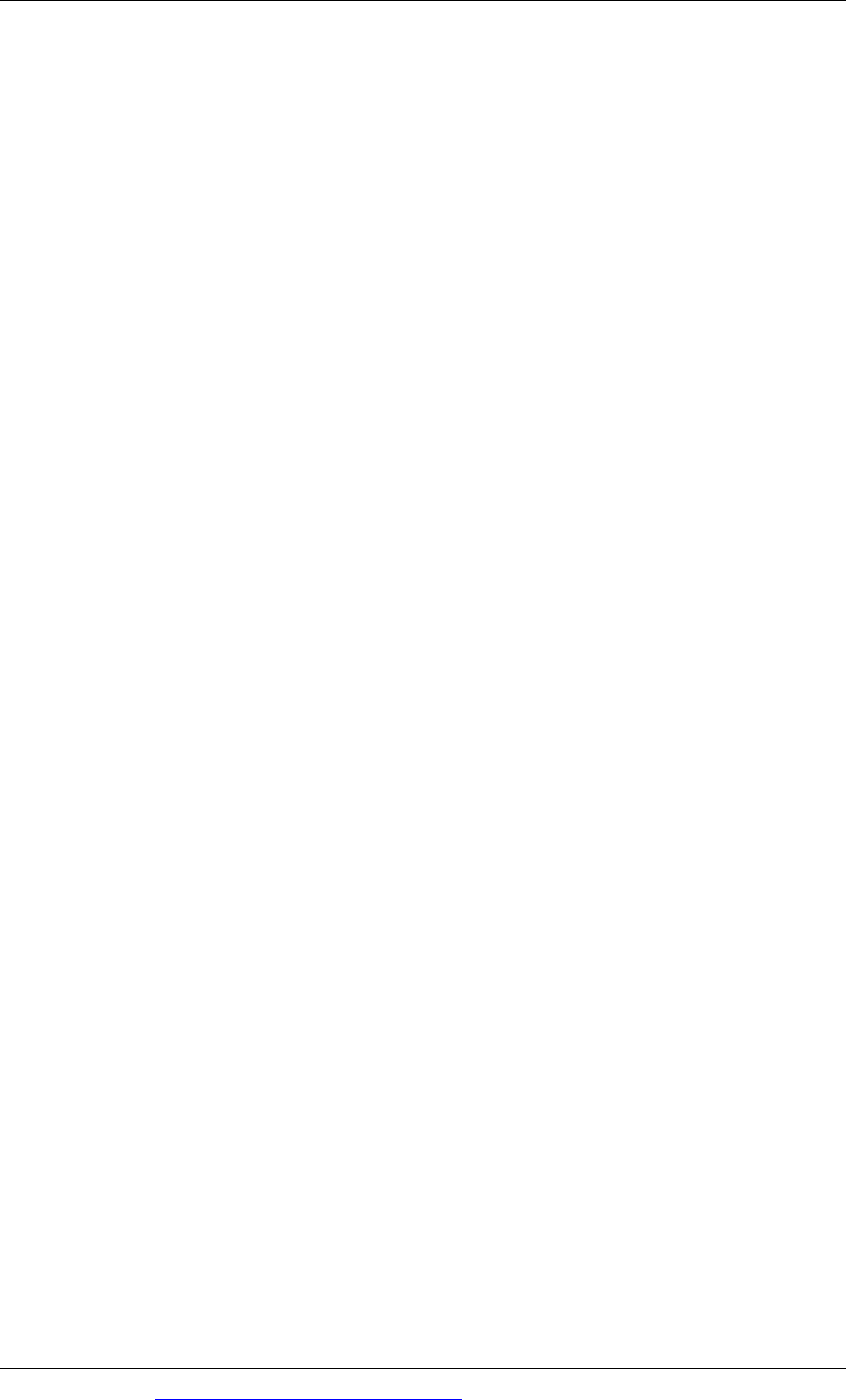
Chapter 10: Recruitment and selection
© EWP Go to www.emilewoolfpublishing.com for Q/As, Notes & Study Guides 325
A shamrock organisation is an organisation with three types of person working for
it. Handy used as a comparison a shamrock with three leaves, each leaf representing
a different type of worker.
The first leaf represents core workers.
The second leaf represents a flexible work force of ‘in-sourced workers’.
The third leaf represents individuals who do work for an entity as outsourced
sub-contractors.
Core full-time workers
Handy suggested that an organisation needs a core of full-time professionals,
technicians and managers to deal with the general day-to-day running of
operations. The core workers are essential, because they have a detailed knowledge
and understanding of the organisation, its aims, objectives, policies and procedures.
They are paid a high salary and other rewards, but in return are expected to commit
themselves to the organisation, and often work long hours.
Handy suggested that the size of the core work force is shrinking, and employers
are increasingly using the other two types of workers. This is partly because
employers continually seek to reduce costs, and shedding full-time jobs is often an
effective method of cost-cutting because cheaper alternative sources of labour exist.
Flexible workers: temporary and part-time workers
The second ‘leaf’ in Handy’s shamrock organisation consists of flexible workers,
who are either part-time workers or temporary workers. They do work for the
employer when the work is required, and are not paid at other times. They might be
on permanent employment contracts (as part-time employees) or on fixed-term
contracts, so they are not independent of the employer organisation.
Outsourcing: sub-contractors
The third ‘leaf’ in the shamrock organisation consists of independent sub-
contractors or entities that provide services on an outsourcing basis. Many activities
can be outsourced – advertising, research and development, IT services, building
management (cleaning and security), vehicle fleet management, delivery services,
payroll administration, and so on.
Sub-contractors are paid fees, and fees are negotiated on the basis of results
achieved (‘outputs’) rather than time worked.
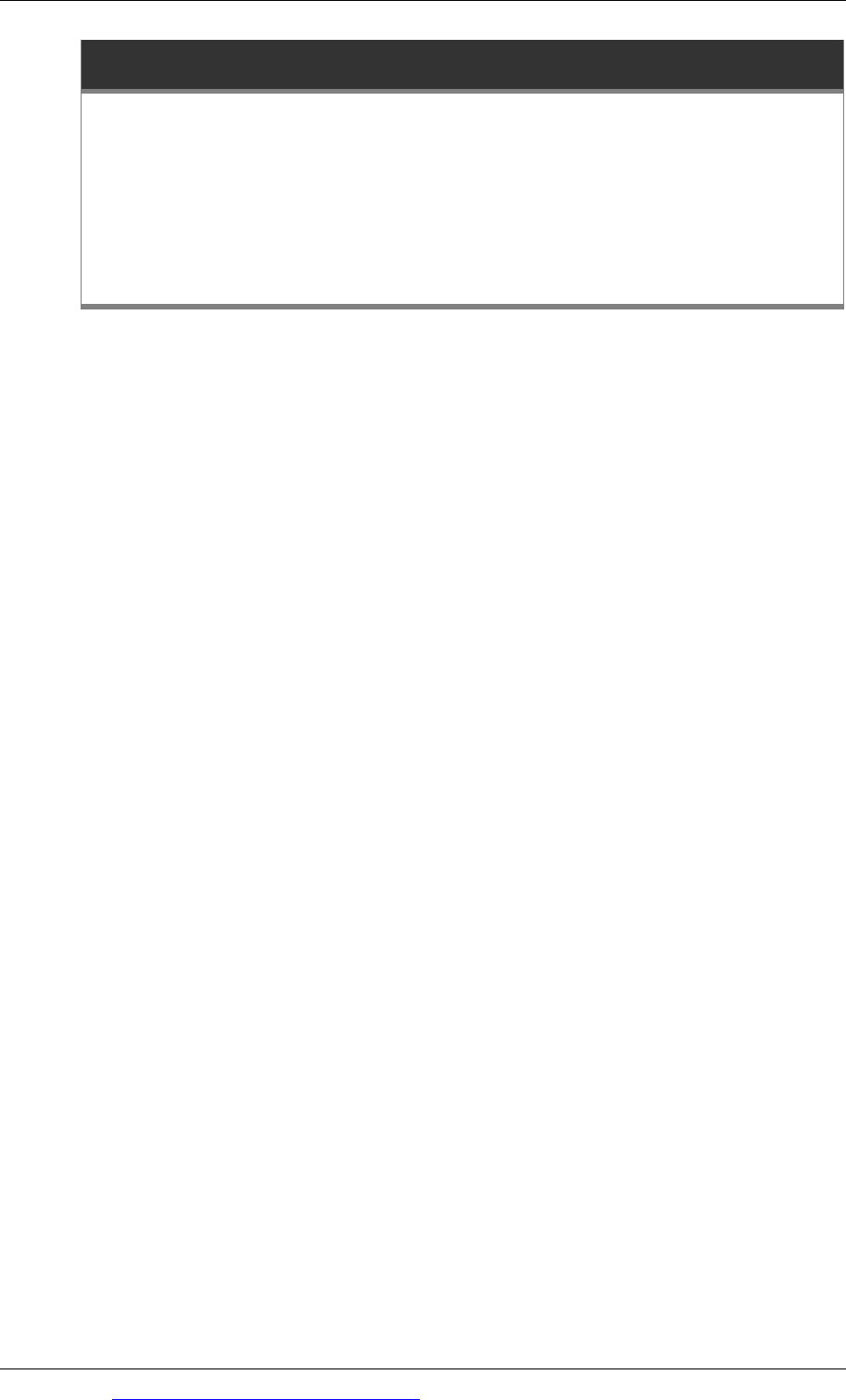
Paper F1: Accountant in business
326 Go to www.emilewoolfpublishing.com for Q/As, Notes & Study Guides © EWP
Selection methods
Alternative methods of selection
Application forms
Interviews
Tests
Group selection methods
Usefulness and weaknesses of selection methods
6 Selection methods
6.1 Alternative methods of selection
Selection is the process of identifying the best candidate to fill a job vacancy, from
among all those who have applied.
Sometimes, selection may involve identifying several suitable candidates to fill a job
vacancy and offering the job to the ‘best’ of the suitable candidates. If the individual
who is offered the job rejects the offer, the ‘next best’ candidate on the list is offered
the job. The job is offered to each suitable candidate, in order of preference, until one
of the candidates accepts the offer of the job.
There are various methods of selection. You may be familiar with some or all of
them from your own personal experience.
6.2 Application forms
Application forms and references were described in the previous chapter, in the
context of recruitment. Application forms are used by applicants to apply for a job
vacancy, and in doing so to provide some information about themselves. They may
be submitted in paper form or electronically, via e-mail or the employer’s web site.
The forms are used in the selection process.
Application forms can be used in a ‘first screening’ process, to make an initial
assessment of the applicants and their suitability for the job.
- When there are more applicants for a job than the employer is able to
interview, the application forms can be used to classify the applicants into
separate categories, such as ‘definitely to interview’, ‘possibly to interview’
and ‘definitely not to interview’.
- The application forms can be used to identify applicants who are clearly
unsuitable for the job. The decision is therefore to take the application no further,
and to notify the applicant that his or her application has been rejected.
Application forms can be used in selection interviews. The information provided
by the applicant on the form can be used as a basis for asking further questions
in the interview.
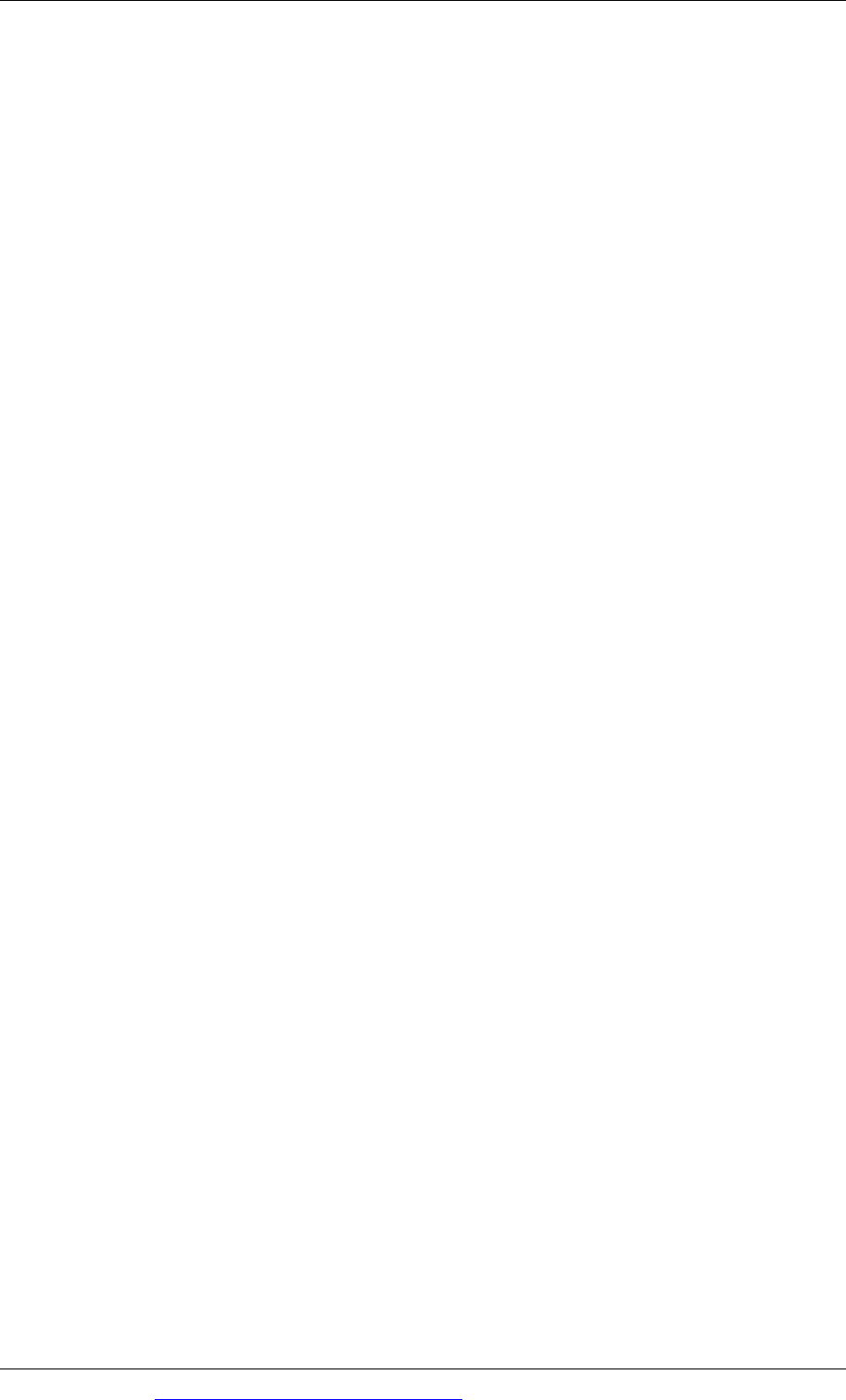
Chapter 10: Recruitment and selection
© EWP Go to www.emilewoolfpublishing.com for Q/As, Notes & Study Guides 327
As explained in the previous chapter, if an applicant is offered the job, and accepts,
the offer should be subject to satisfactory references. The individuals to approach
for a reference are identified on the application form.
Letters of application
Instead of using application forms, an employer may ask applicants for a job to
submit a letter of application, written in the applicant’s own words. The purpose of
asking the applicant to write his or her own application letter (or a covering letter to
an application form) is to obtain an insight into his or her character.
Application forms provide factual information. Application letters reveal more
about the personality of the applicant, his or her reason for wanting the job, and
his/her ability to express himself/herself and communicate in writing.
6.3 Interviews
Applicants who get through the first screening process may be invited to a selection
interview. A selection interview is a face-to-face interview at which the applicant is
asked a number of questions, and is assessed by the quality of his or her answers.
Face-to-face interviews can take different forms:
The applicants may be interviewed by one person, such as the manager or
supervisor with authority over the work group where the vacancy exists.
The applicants may be interviewed by an ‘interview panel’ of two or more
people. Interview panels may consist of six, seven or even more interviewers.
However, applicants are often intimidated by large interview panels, and it is
good practice to keep an interview panel fairly small
The applicants might go through a succession of face-to-face interviews, each
with a different person.
Interviews may be conducted in either an informal setting, or in a very formal
setting. An informal setting should help to put the applicants at their ease.
However, if the employer wants to observe the applicants under pressure, the
setting might be very formal, with an interview panel sitting behind a large table
and the interviewee sitting on a chair facing the panel.
Stress interviews
A stress interview is a type of face-to-face selection interview, where the
interviewers deliberately put the applicant under stress, for example by asking
questions in an aggressive manner and criticising the applicant’s answers. Stress
interviews may be used to interview applicants for a senior management position,
in the belief that it will show how well each applicant stands up to stress, aggression
and criticism. However, they are of doubtful value: it is not necessary to be
aggressive to obtain useful information about a candidate for a job. A major
disadvantage of stress interviews is that they might put off good applicants from
wanting to take the job even if they are offered it.
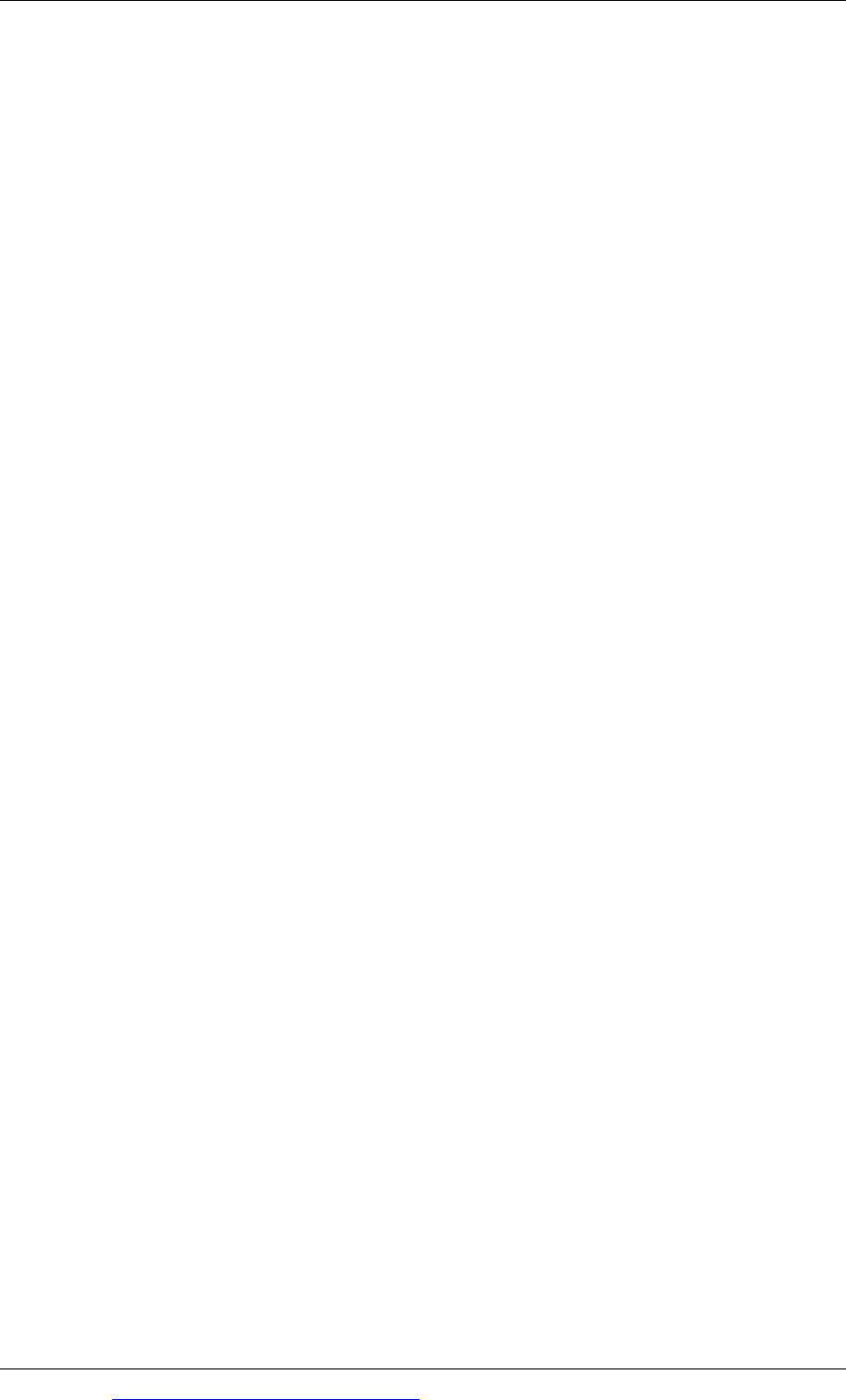
Paper F1: Accountant in business
328 Go to www.emilewoolfpublishing.com for Q/As, Notes & Study Guides © EWP
Problem-solving interviews
A problem-solving interview is another particular type of face-to-face interview.
The applicant for the job is given a hypothetical problem by the interviewer and
asked to solve it. For example, the interviewer might ask a question: ‘What would
you do in the following situation…?’
A difficulty with this type of interview is that it may be difficult to assess and
compare the answers of the applicants, and decide which applicant has given the
best answer.
6.4 Tests
An employer may require applicants for a job to take a test or series of tests. Testing
could be used as another stage of screening, to eliminate unsuitable candidates
before interview. Alternatively, tests may be used in addition to an interview.
The purpose of tests is to learn something about the applicants for the job. The type
of test that is used depends on the type of information the employer is looking for.
There are four main types of selection test:
Intelligence tests
Aptitude tests
Competence tests
Personality tests (psychometric testing).
Intelligence tests
These are tests (such as a general IQ test) to establish the general level of intelligence
of the job applicants. They may also test the problem-solving skills of the job
applicants, and their speed of thought. Candidates are usually required to complete
the test, or as many questions in the test as possible, within a limited amount of
time.
Aptitude tests
These are tests designed to establish a particular aptitude or ability of the job
applicants. For example, an aptitude test might test the mathematical ability, or
manual dexterity, or artistic ability of the candidates.
Competence tests
A test of competence is a test to establish whether the candidate has reached a
certain level of competence in a specific area. It tests what the candidates have
learned in the past. For example, an applicant for a job in word processing might be
given a competence test to establish his or her level of skill and ability in word
processing. A candidate will not be considered for a job vacancy unless he or she
has reached a minimum level of competence.
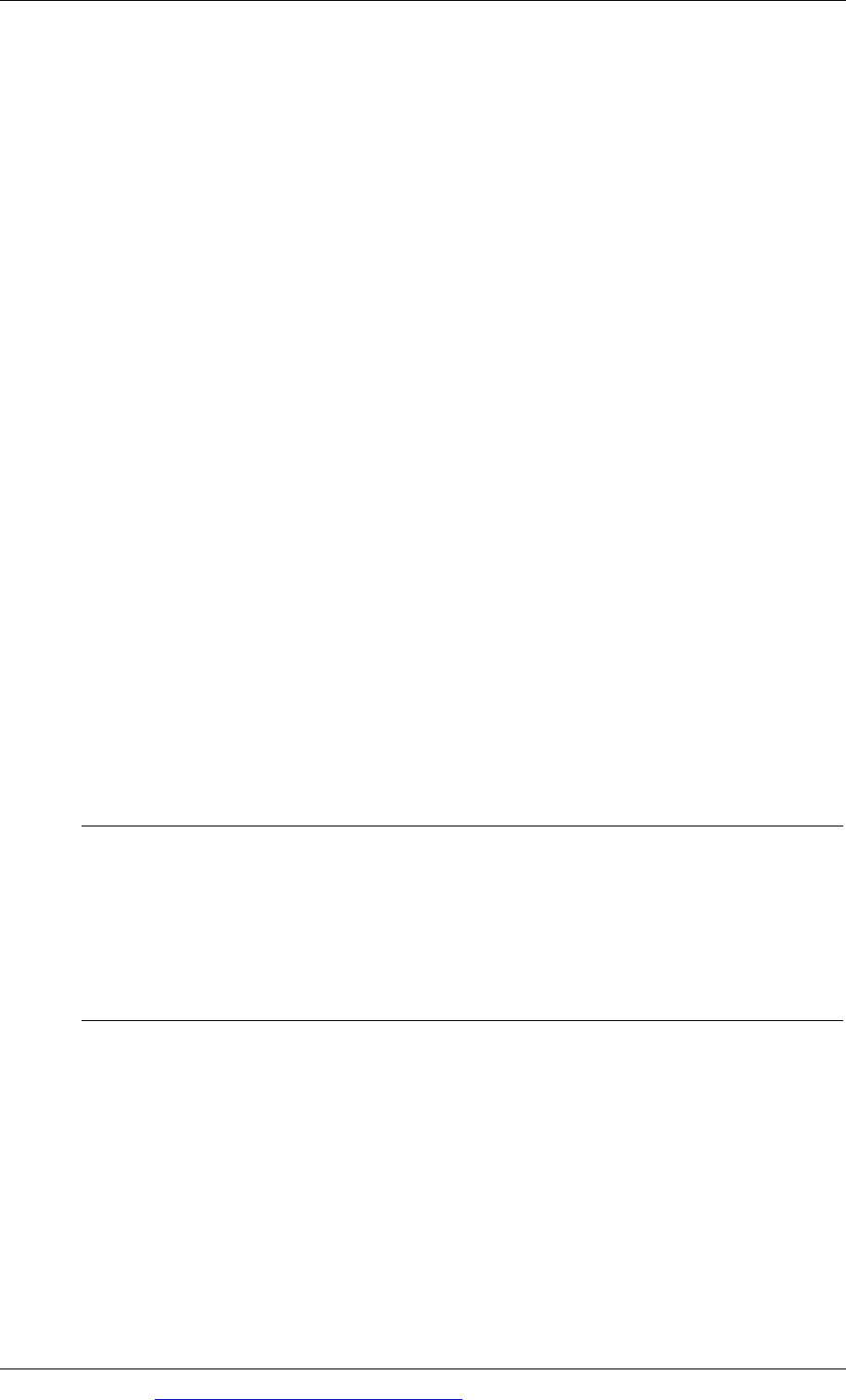
Chapter 10: Recruitment and selection
© EWP Go to www.emilewoolfpublishing.com for Q/As, Notes & Study Guides 329
Personality tests or psychometric tests
There are tests designed to analyse personality and character. A test is commonly in
the form of a series of multiple choice questions. Candidates are asked in each
question about their likes and dislikes, what they would do in a particular situation,
their preferences and attitudes, and so on. The purpose of a personality test is to
identify candidates who have suitable personality characteristics for the job.
6.5 Group selection methods
Group selection is an alternative method of selection that can be used either:
instead of individual interviews and testing, or
in addition to individual interviews and testing.
In a group selection process, a number of people from the organisation observe a
number of applicants for a job as they go through a series of specially-designed
activities. The activities may include role play, where each applicant is required to
perform a particular role in a work-related scenario.
The candidates are observed, and compared with each other. The tests provide
useful comparisons of ability, and supporters of group selection methods argue that
the best applicants for a job can often display their greater ability and potential in
work-related scenarios.
6.6 Usefulness and weaknesses of selection methods
Each of the main selection methods has some usefulness and value, but also some
weaknesses. These are summarised briefly below.
Application forms
Usefulness Weakness
Useful as a first screening process in
selection, to eliminate applicants who
are clearly unsuitable.
The information provided on an
application form is not enough (except
perhaps for very junior or low-level
jobs) to make a selection decision.
Individual interviews
Usefulness Weaknesses
Interviews give the employer an
opportunity to see and listen to the
applicants.
Not all interviewers have the skills to
conduct a good interview. Poor
interviewing technique leads to poor
selection decisions.
Interviews, if well-conducted, should
reveal more about each applicant than
testing can reveal.
Some individuals are good
‘professional interviewees’, who can
perform well in interviews (they can
‘talk the talk’) but they cannot actually
perform well in a job. The interviewer
might be fooled and misled.
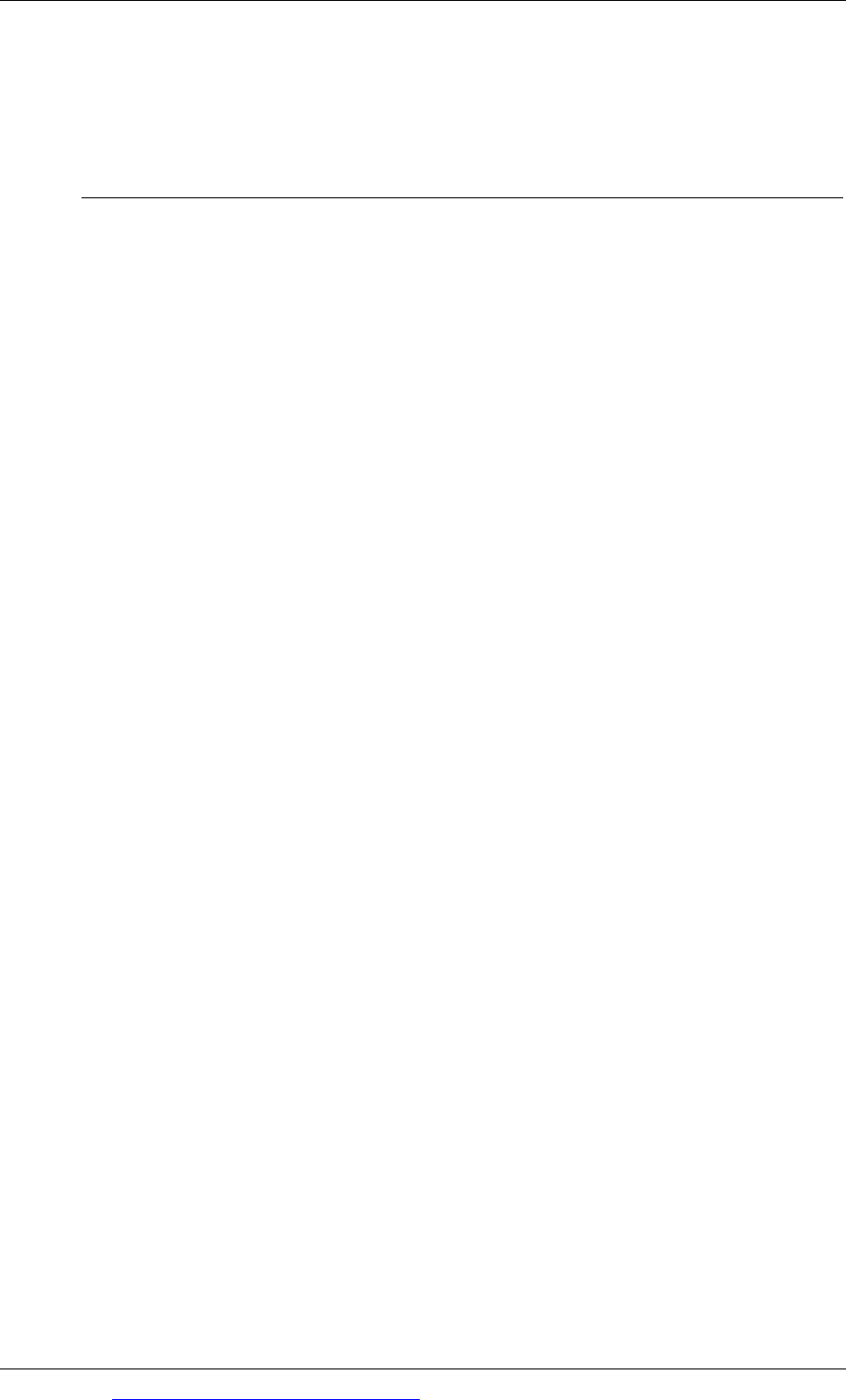
Paper F1: Accountant in business
330 Go to www.emilewoolfpublishing.com for Q/As, Notes & Study Guides © EWP
It is unusual to offer a job of any
importance to an applicant without first
having an interview.
Interviewers might be biased
(consciously or unconsciously) against
or in favour of particular candidates.
Tests
Usefulness Weaknesses
Tests are precise and can be used to
obtain measurable or quantifiable
information about job applicants.
It is not clear that the test results will
show which candidates are best-suited to
the job. A clear link between good test
results and ability in the job has not been
clearly proved.
Tests should be objective, and free
from bias (unlike interviews)
Although tests should be objective, it is
often impossible to exclude bias entirely
from the testing process. Some types of
individual perform better than others in
particular types of test.
Tests can be administered to
applicants in groups, and so the
testing process is quicker than
interviews.
It might be possible for candidates to
improve their test scores by coaching
and practice before the formal test. (For
example, individuals may be coached in
IQ tests.)
Test conditions are artificial, and might
not give candidates an opportunity to
demonstrate their ability in an actual
working environment.
Candidates might guess the correct
answer to some questions. A test should
be designed with in-built checks: for
example there may be two or more
similar questions, and if the candidate
has not used guesswork, all the answers
should be consistent with each other.
Even so, it is often possible to identify
the correct answer to a multiple choice
question by using common sense.
The results of tests often need experts to
interpret their meaning.
Tests can also be expensive to administer:
the costs include preparing the tests or
hiring external experts, arranging and
carrying out the tests, and arranging the
marking and analysis of results.
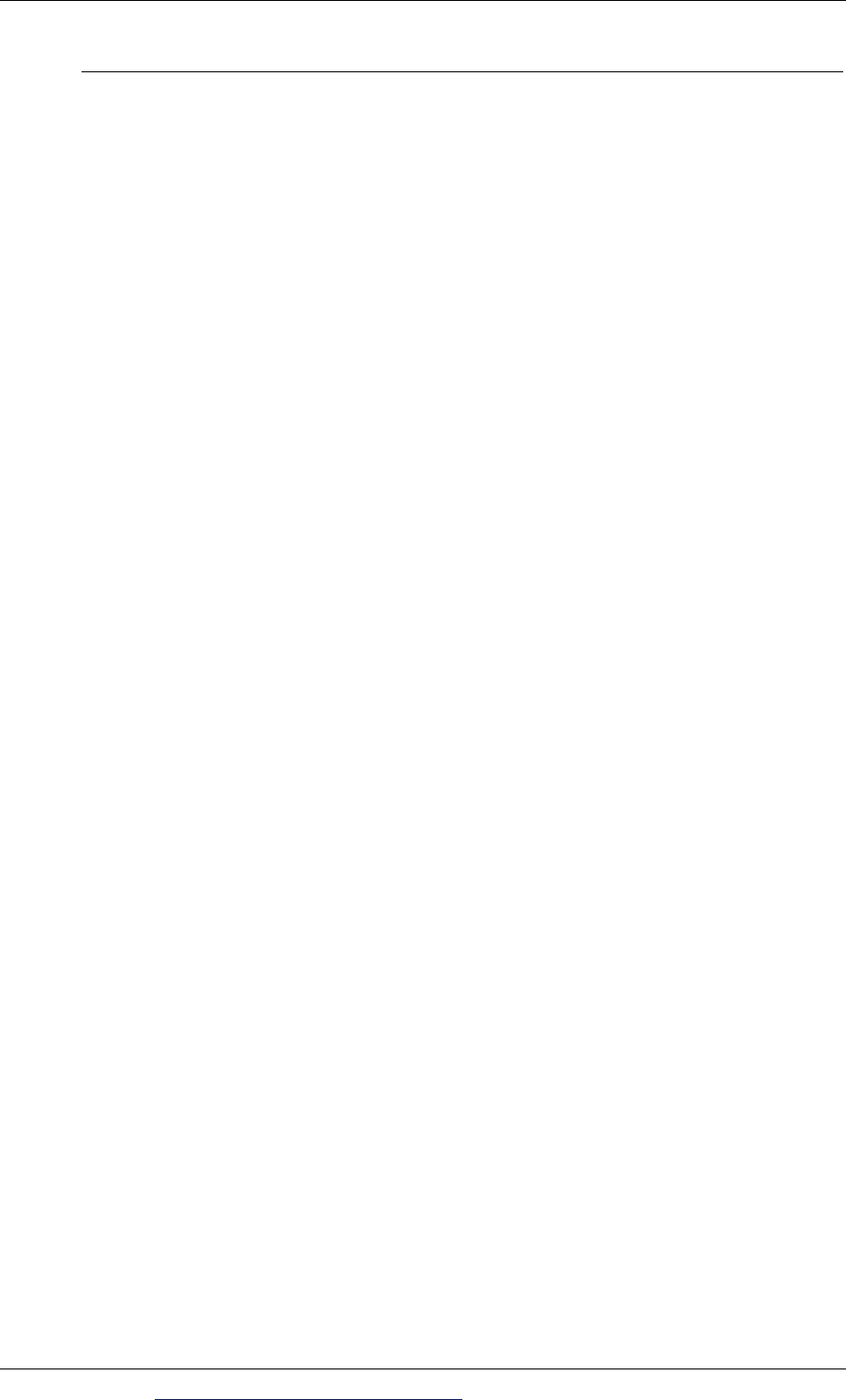
Chapter 10: Recruitment and selection
© EWP Go to www.emilewoolfpublishing.com for Q/As, Notes & Study Guides 331
Group selection methods
Usefulness Weaknesses
They provide the employer with an
opportunity to compare the
candidates directly.
They are expensive to administer and
time-consuming. Group selection
methods are generally only appropriate
when the employer is trying to fill
several similar and senior vacancies. For
example, group selection is often used to
select individuals for a trainee
management programme.
They can be used to study the
candidates in work-related scenarios.
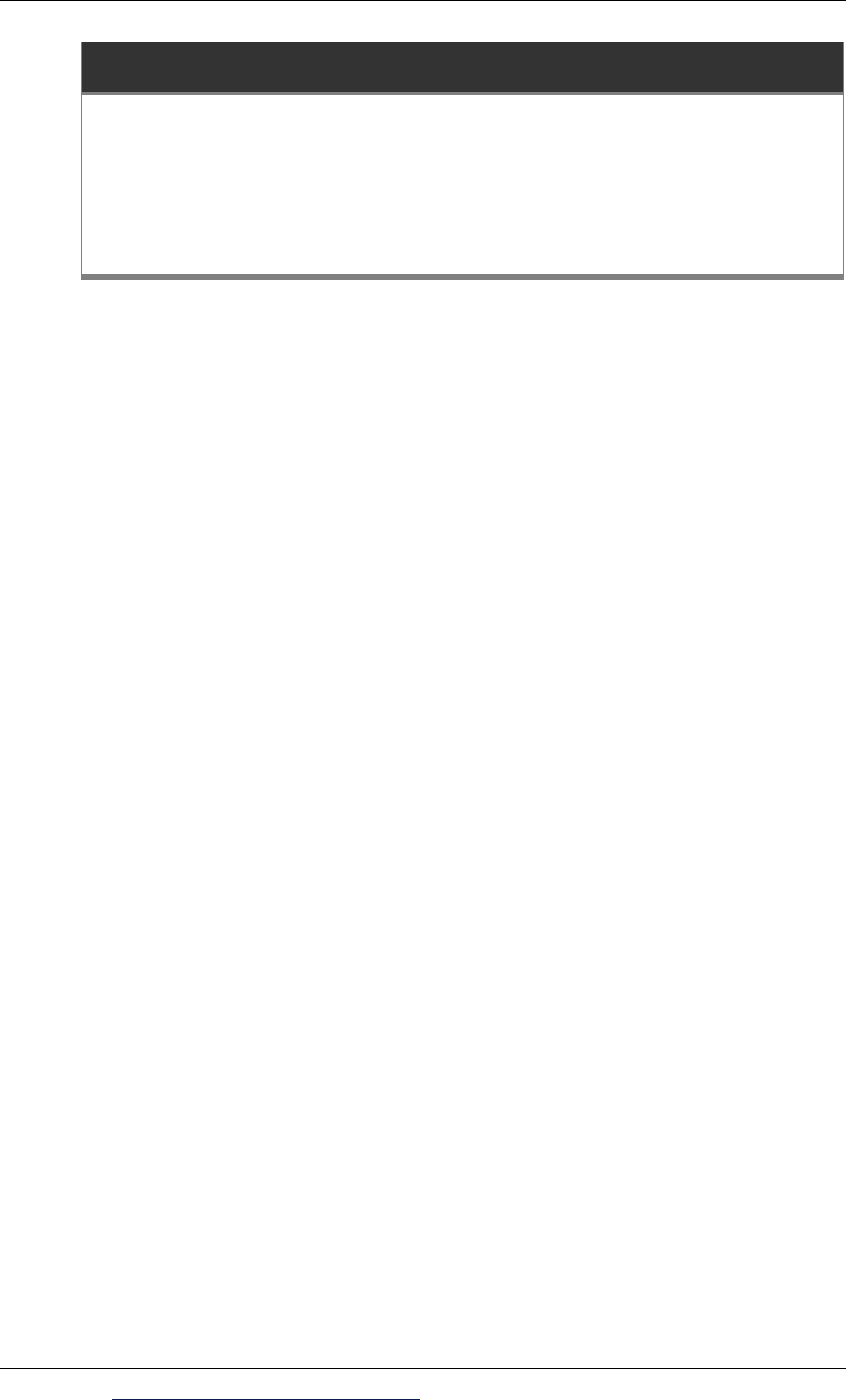
Paper F1: Accountant in business
332 Go to www.emilewoolfpublishing.com for Q/As, Notes & Study Guides © EWP
The selection decision
Involvement in the selection decision
Skills in selection
The importance of good selection
The offer of employment
Obtaining references
7 The selection decision
7.1 Involvement in the selection decision
The selection decision is made by either:
the manager with authority over the job where the vacancy exists
staff in the human relations (HR) department
a committee of individuals, possibly a mixture of line management and HR staff
experts.
There are no rules about who should make the selection decision, but as a general
guide:
If the vacancy is for a low-level job and there are only limited prospects of career
development, the selection decision will be taken by a manager with direct
authority over the job.
If the vacancy is for a job where the successful candidate will have good career
development prospects, the HR department should be involved in the selection
decision. This is because the selection decision will affect the long-term human
resources plan of the organisation.
External experts, such as recruitment consultants or a ‘head hunting’ agency,
might offer advice on selection. However, the actual decision should be taken by
the organisation’s own managers.
7.2 Skills in selection
Individuals involved in the selection process need to possess the relevant skills for
identifying suitable candidates for a job vacancy.
An organisation may therefore need to give individuals training in selection skills,
before they are actually involved in selection.
An organisation may also employ individuals in the HR department (human
relations department) who have been trained in recruitment and selection.
Note: The skills required to conduct successful selection interviews are described
later.
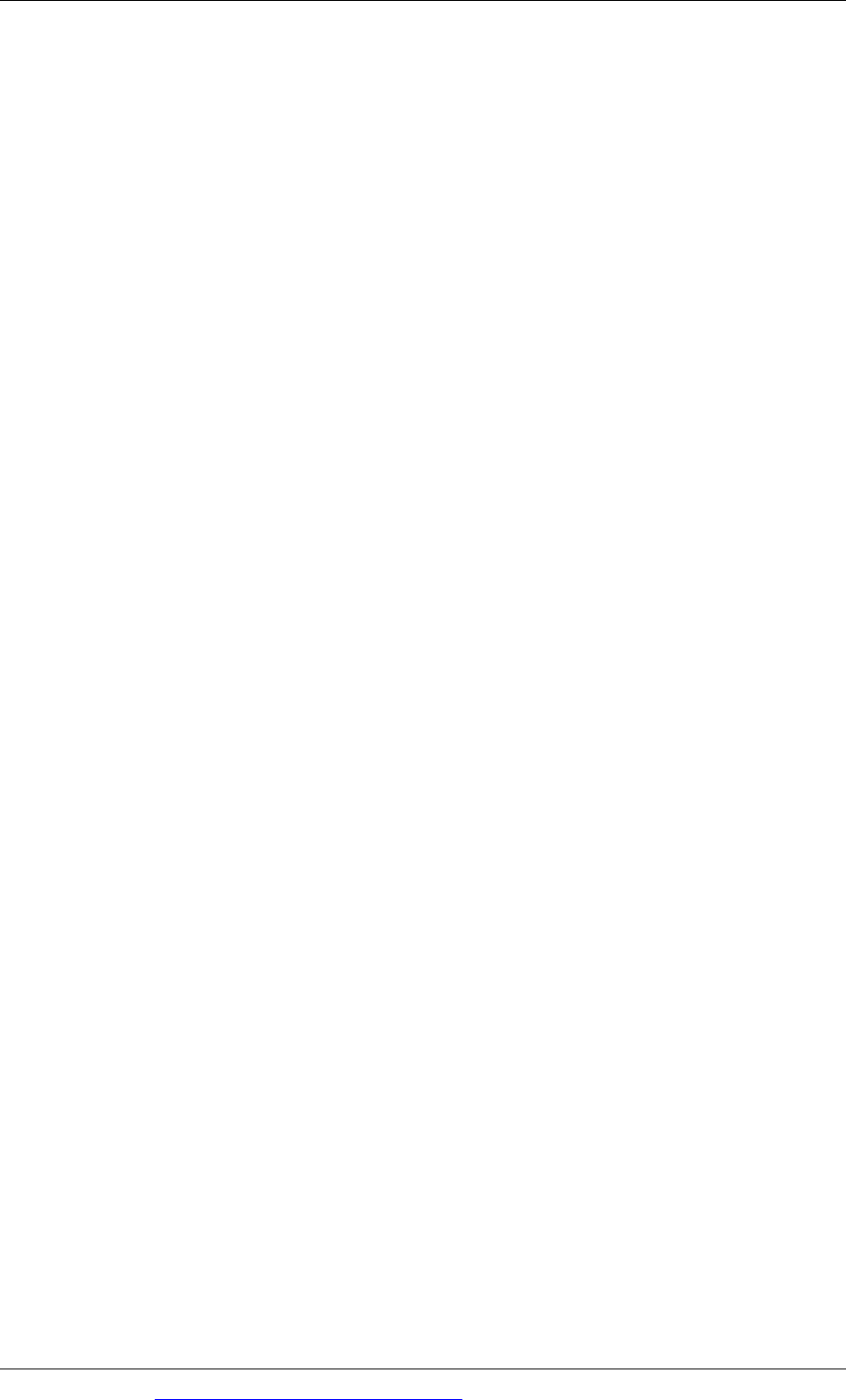
Chapter 10: Recruitment and selection
© EWP Go to www.emilewoolfpublishing.com for Q/As, Notes & Study Guides 333
7.3 The importance of good selection
Good selection decisions improve the quality of employees within the organisation.
When an organisation has high-quality employees, it should perform better. Good
selection is therefore an important factor in improving the assets of the organisation
(employee quality) and helping the organisation to be more successful in achieving
its objectives.
Poor selection decisions have the opposite effect:
The individuals offered employment are not the best people available. After
their appointment, they might perform badly in their job, or might need training
to bring them up to an acceptable level of competence.
The capabilities of the organisation will be less than if better people had been
selected. Development of the business will be slower. Competitor organisations
with high-quality employees might perform much better.
The individuals given the jobs might be disappointed with the work, which does
not live up to the expectations they were given during their interview.
Because the individuals who are selected either perform badly or are
disappointed with their job, labour turnover might be high. If individuals leave
their job soon after their appointment, the expensive and time-consuming
process of recruitment and selection must be undertaken again.
It might become necessary to dismiss some employees for incompetence. The
performance of poor-quality new recruits may have to be monitored closely, to
decide if (and when) dismissal is the most appropriate option.
Poor selection decisions could affect the long-term human resources plan of the
organisation, because fewer employees than expected develop their careers and
progress to more senior management positions.
Difficulties with selection might take up significant amounts of senior
management time and attention.
7.4 The offer of employment
The selection process ends with an offer of employment and acceptance of the offer
by the chosen applicant.
The employer may not be sure whether or not the individual who is offered the job
will accept it. It is therefore prudent to identify a short-list of acceptable applicants,
listed in order of preference. If the candidate at the top of the list refuses the job, the
next person on the list can be made an offer, and so on until someone in the list
accepts the offer of the job.
When the job has been accepted, the arrangement should be confirmed in writing
(subject to satisfactory references), and accepted by the successful applicant in
writing. Employment legislation might require that the new employee should be
given a formal written contract of employment.
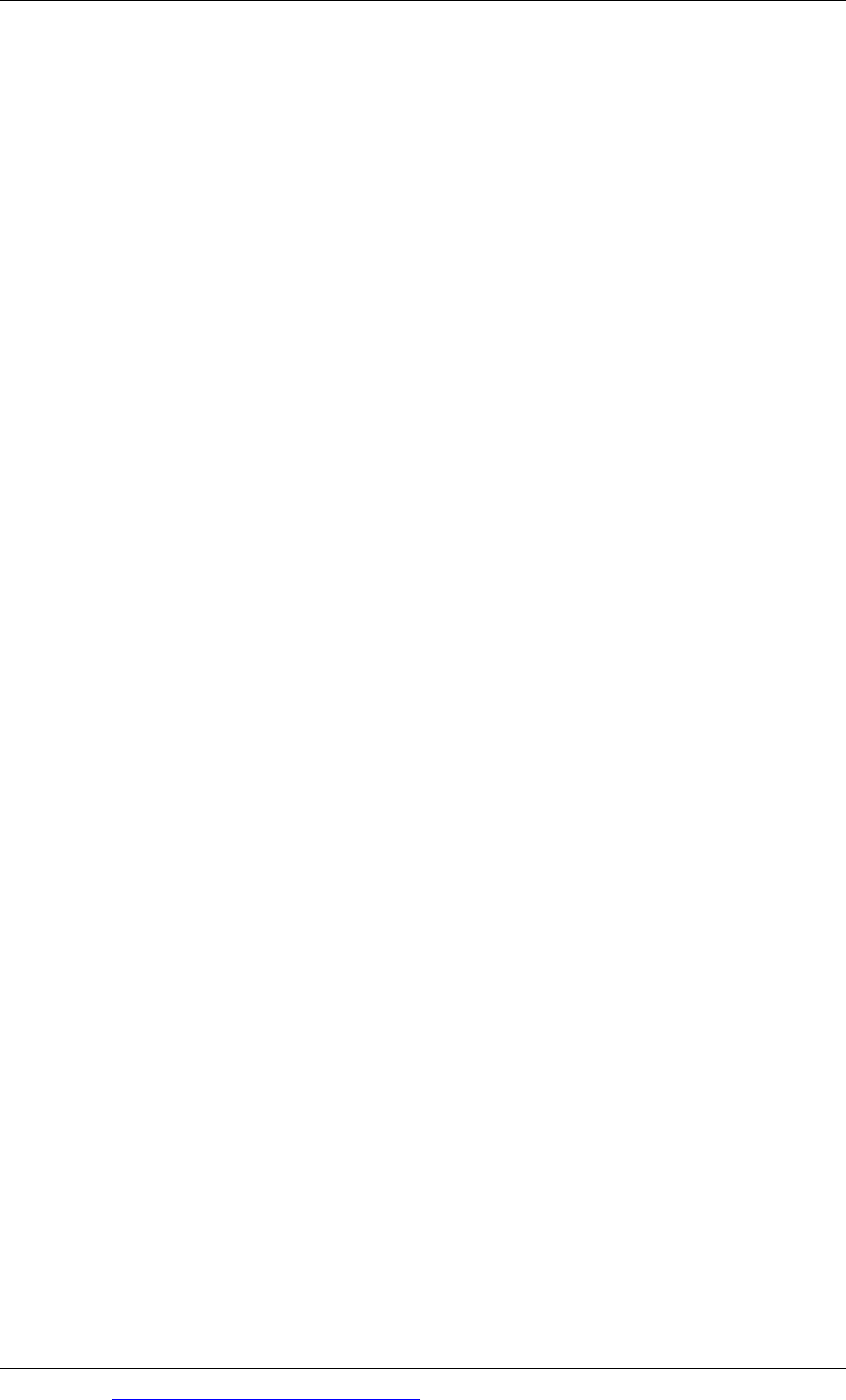
Paper F1: Accountant in business
334 Go to www.emilewoolfpublishing.com for Q/As, Notes & Study Guides © EWP
In addition to offering the job to the successful applicant, the employer should also
contact the unsuccessful applicants, usually in writing. The unsuccessful applicants
should be thanked for their interest in the job, and for their application.
7.5 Obtaining references
As mentioned earlier, it is common practice to ask every applicant for a job to
provide the names and addresses of two referees, who will be asked to provide a
reference if the applicant is offered the job. At least one referee should be a former
employer or manager of the applicant. If the applicant is young and has not had a
job before, a reference may be required from his or her former school or university.
There are problems with references. The referee is unlikely to write anything
harmful or damaging about the applicant, except perhaps in unusual circumstances.
References therefore cannot be relied on to give an indication of the successful
applicant’s suitability for the job.
However, references are necessary. Their greatest value should be to provide the
employer with some evidence that the applicant has given honest information about
himself or herself. Unless references are obtained, it could be very easy for ‘bogus’
applicants for a job to get away with telling lies.
A reference from a former employer provides evidence that the applicant did (or
does) actually work for that employer, and:
earns the salary that he or she claims to earn
has worked or did work for that employer for the length of time that the
applicant stated on the application form for the job.
